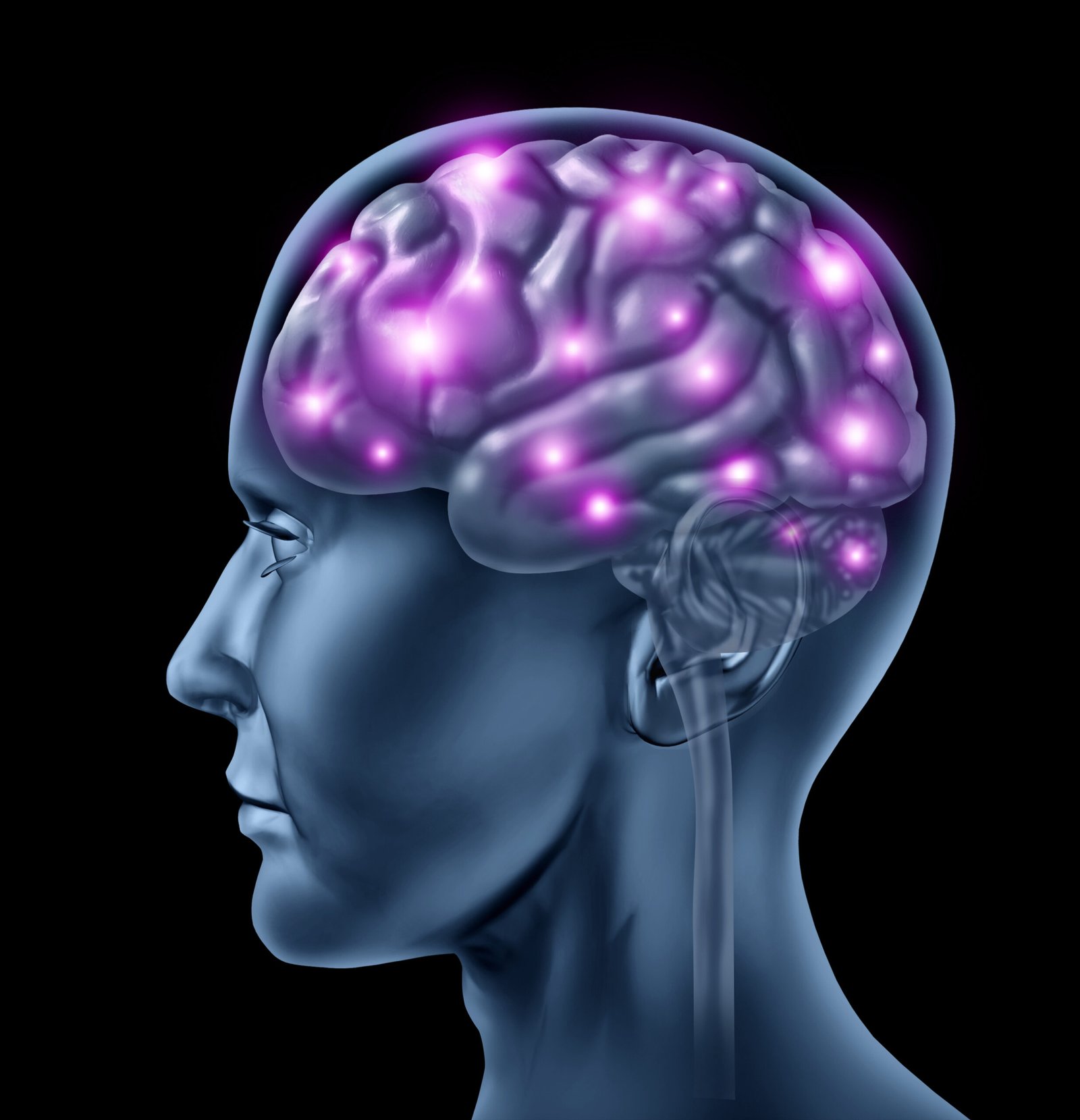- January 16, 2025
- By drzaarofficial1@gmail.com
- 10
The Brain's Reward and Motivation Hormone
Understanding Dopamine and Its Functions
Dopamine is a neurotransmitter, often referred to as the “feel-good” hormone, that plays a crucial role in the brain’s reward and pleasure centers. It is involved in regulating movement, emotional responses, and the brain’s ability to feel pleasure and reward. Dopamine is essential for many vital functions, including mood regulation, learning, motivation, and the regulation of motor control. It is produced in several areas of the brain, most notably in the substantia nigra and the ventral tegmental area.
Key Functions of Dopamine
Dopamine regulates the brain’s reward system, which is activated by activities that provide pleasure or satisfaction, such as eating, exercising, or socializing. It also plays a role in learning and memory by helping the brain reinforce rewarding behaviors. Furthermore, dopamine influences motor control and is crucial in the proper functioning of the central nervous system. The imbalance of dopamine levels is associated with several neurological and psychiatric conditions.
The Role of Dopamine in Health and Disease
Dopamine’s impact on health is profound, particularly in its regulation of mood and movement. Low dopamine levels have been linked to conditions like depression, Parkinson’s disease, and attention deficit hyperactivity disorder (ADHD). On the other hand, excessive dopamine activity is associated with conditions like schizophrenia, mania, and drug addiction. Dopamine also plays a significant role in addiction by reinforcing behaviors that lead to the release of more dopamine, often through substance use or gambling. Disorders Linked to Dopamine Imbalance Low dopamine levels can contribute to a variety of disorders, including Parkinson’s disease, where there is a degeneration of dopamine-producing neurons in the brain. Similarly, dopamine imbalances are associated with mood disorders like depression, as well as ADHD, where the brain struggles with focus and reward processing. High dopamine levels, on the other hand, can be linked to psychiatric disorders such as schizophrenia and bipolar disorder.
Contact Us
+92-321-9700-700
FAQs About Dopamine
1. What is dopamine?
Dopamine is a neurotransmitter in the brain that plays a central role in reward, motivation, motor control, and emotional regulation.
2. How does dopamine affect mood?
Dopamine is involved in regulating feelings of pleasure and reward. Low dopamine levels are often associated with feelings of apathy, depression, and lack of motivation, while high levels can cause feelings of euphoria or agitation.
3. What causes low dopamine levels?
Low dopamine levels can be caused by genetic factors, poor diet, chronic stress, drug abuse, and certain medical conditions like Parkinson’s disease or depression.
4. What are the symptoms of low dopamine?
Symptoms of low dopamine include fatigue, lack of motivation, difficulty concentrating, mood swings, and feelings of apathy or sadness.
5. How is dopamine related to Parkinson’s disease?
Parkinson’s disease is characterized by the death of dopamine-producing neurons in the brain, leading to symptoms such as tremors, stiffness, and difficulty with movement.
6. Can dopamine levels be increased naturally?
Yes, regular exercise, a healthy diet rich in tyrosine (the amino acid precursor to dopamine), stress management, and engaging in rewarding activities can naturally boost dopamine levels.
7. How is dopamine tested?
Dopamine levels can be measured through cerebrospinal fluid (CSF) analysis or imaging techniques that assess dopamine receptors. However, direct blood or urine tests for dopamine are not typically used.
8. What are the effects of high dopamine levels?
High dopamine levels can cause symptoms like hyperactivity, restlessness, excessive energy, euphoria, and even psychosis, as seen in disorders like schizophrenia or during drug addiction.
9. How does dopamine affect addiction?
Dopamine is heavily involved in the brain’s reward system. Addictive substances or behaviors trigger dopamine release, reinforcing the behavior and leading to dependency and addiction.
10. Can dopamine imbalances be treated?
Yes, dopamine imbalances can be treated with medications that increase or decrease dopamine levels, as well as through lifestyle changes, therapy, and proper management of underlying conditions.
